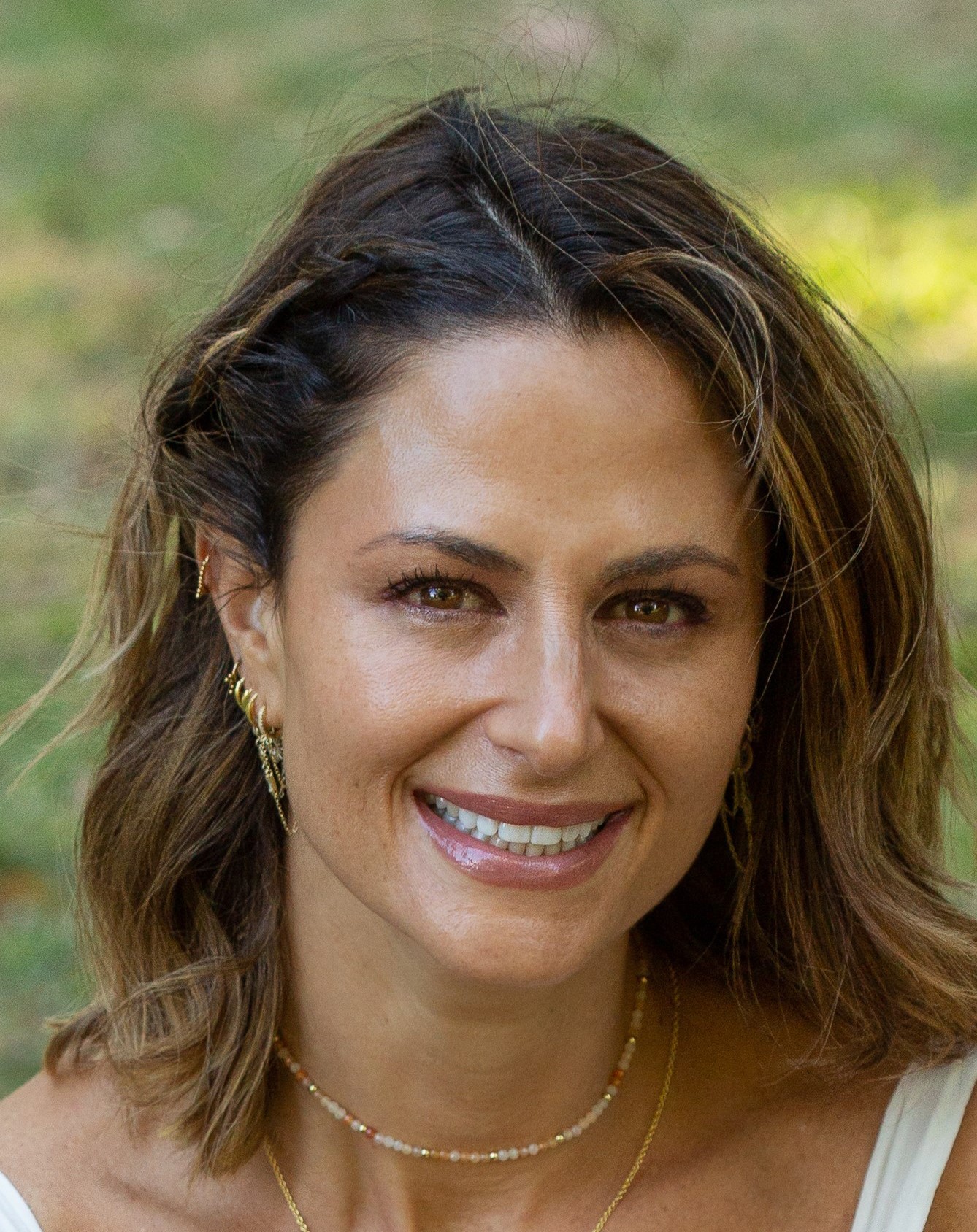
Community

Help for those at the end of the line
The mental-health crisis in South Africa is leading to a loss of lives, including a spate of suicides across all ages in the Jewish community. At the beginning of May, a man described as being mentally ill shot and killed two patients and a police officer before being subdued by a brave nurse at New Somerset Hospital in Cape Town.
All this highlights the need for mental-health services and support systems. Abigail Smith has taken up that challenge in her new role of executive director of LifeLine in the Western Cape. “Being brave can be lonely,” is one of the organisation’s slogans, and Smith says this applies to the Jewish community as much as everyone else. Whatever our circumstances, there are moments when we may need help, and we are allowed to ask for it.
LifeLine has been part of the mental-health landscape for decades. The only thing people need to do is pick up the phone. The organisation began in Sydney, Australia. One evening in the 1960s, Alan Walker (a Protestant clergyman), received a telephone call from a man who spoke of his intention to commit suicide.
The minister arranged to meet him, but the man killed himself before that could happen. It was then that Walker decided to start a telephone service that would offer support and hope to those in distress. Today LifeLine International has more than 250 centres in 14 different countries, with 26 LifeLine centres in southern Africa. The LifeLine telephone counselling service began in Cape Town at 17:00 on 5 November 1968, when the telephone rang for the first time in a small office in Church Square.
“It’s been a tough time for the non-government sector in South Africa,” says Smith. “Donors have dwindled in light of the pandemic. But this gives us new opportunities to collaborate and partner. Mental health touches everything, and COVID-19 has allowed that to be acknowledged.”
Today, LifeLine Western Cape has a team of trained and carefully-selected volunteer counsellors who offer non-judgemental, empathic, caring, and non-directive counselling services. This is one of the most exciting aspects of LifeLine, as ordinary people make time to train in-depth, and then give back.
Smith says the organisation aims to help callers and clients discover “the inner resources to find constructive solutions to the problems they face. LifeLine counselling is based on the theories espoused by Carl Rogers, a well-known psychologist. He believed that every person has the answers to their own problems, and that the primary task of the counsellor is to empower the client to find those answers.”
Thus, building strength, resilience, and support systems allows people to navigate challenges, even if they cannot access mental-health facilities. However, Smith emphasises that LifeLine will always ensure that a client gets the care they need, and works closely with other organisations to refer people to them if necessary.
Confidentiality is one of the cornerstones of the organisation, and no information is shared. It also offers up to four free face-to-face counselling sessions. Another aspect is HIV counselling and testing. All these services are free of charge.
Though friends have commented that it must be an emotionally taxing place to work, Smith sees it as the opposite. She has been in the role for only six months, but she’s enthusiastic about working in what she sees as “one of the next public-health frontiers”. She’s also grateful to learn from colleagues who have been in this space for decades. “Some of my team have been at LifeLine for 50 years. My main objective as executive director is to ensure that mental health never falls into the background when it comes to the welfare of those most vulnerable, and to ensure we’re here for another 50 years.
“I don’t feel overwhelmed in this role,” she says. “This work gives me hope and inspires me. Especially because this organisation is volunteer-based, it tells me that we can be collectively better.” She says the non-governmental organisation (NGO) sector is an exciting, transformative, challenging space to build a meaningful and rewarding career. “In my experience, there are also no glass ceilings for women, and diversity is a very real aspect of this industry.”
She grew up in a home that “placed a lot of value on community, public service, and traditional Yiddishkeit,” she says. Her father was the late, great Jewish communal leader, Mervyn Smith. “For me, being in the non-profit sector made sense.”
She doesn’t hide the fact that it can also be tough. For example, she worked in HIV and sexual violence but eventually took a step back. However, she emphasises that giving back doesn’t have to be outside of one’s comfort zone. “There is nothing wrong with giving in a way that feels comfortable for you – for example a Barmitzvah or birthday collection. Make it work in your life. As long as you’re doing something, that’s what matters. As it says in Pirkei Avot, “You’re not obligated to complete the work, but neither are you free to desist from it.”
Smith says she meets Jewish compatriots across the NGO sector “and it warms my heart. There’s incredible work to be done, and you get so much back.”










